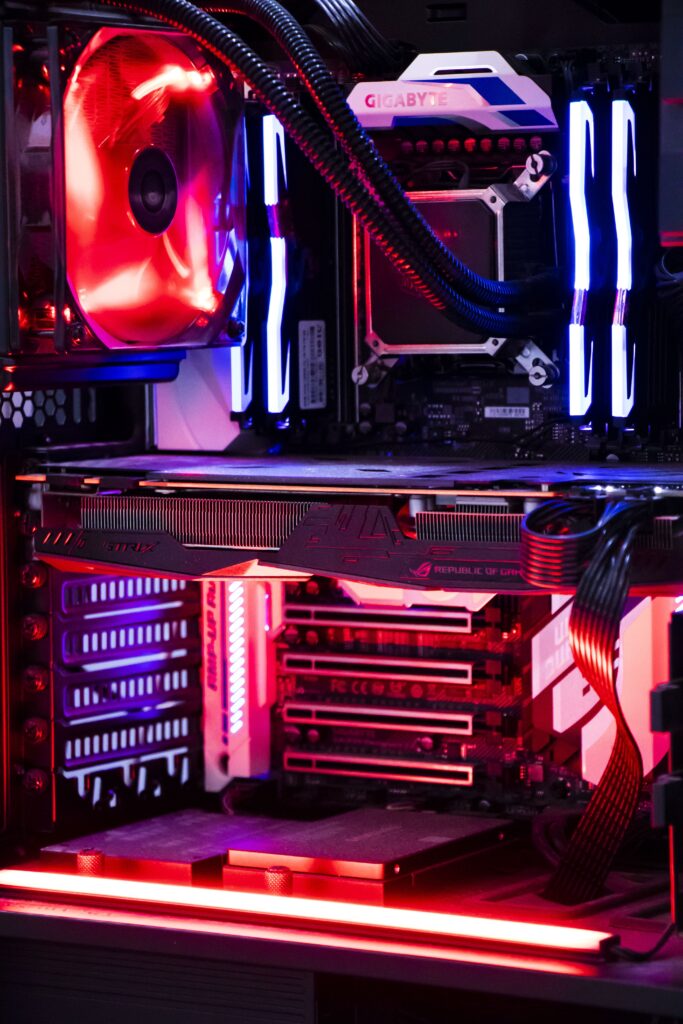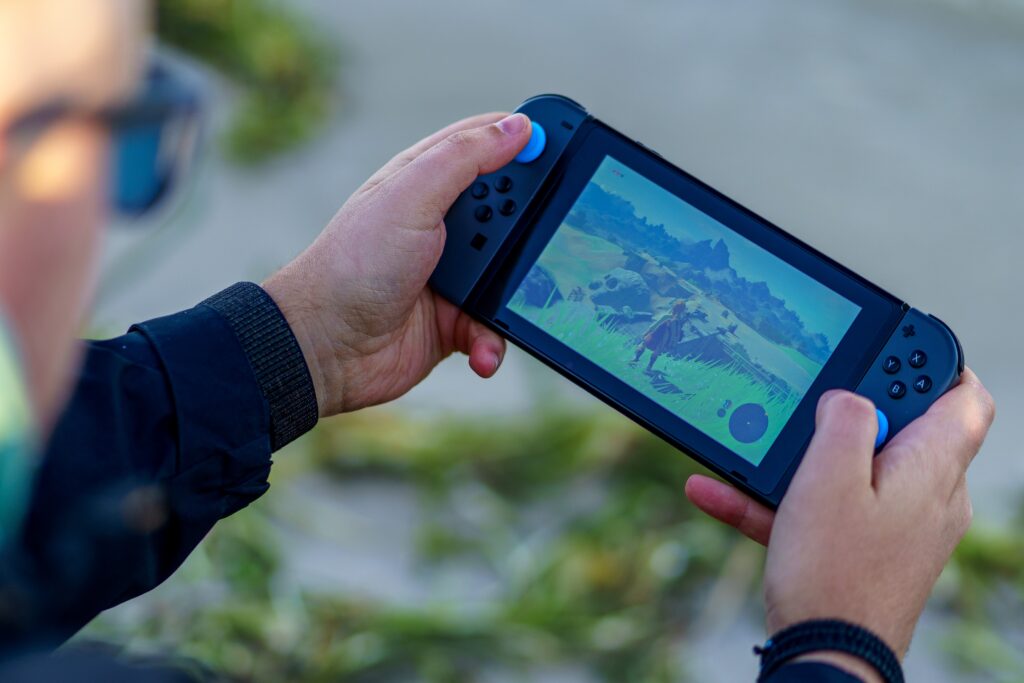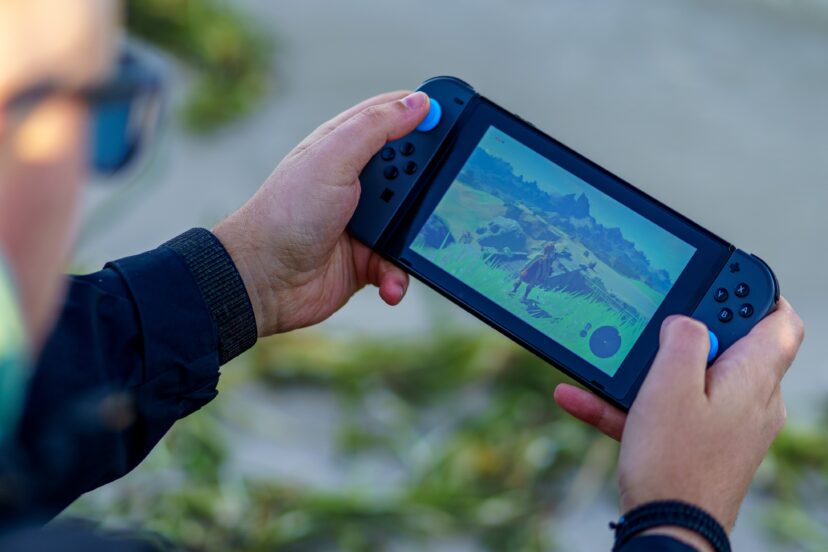Gaming Clans And Guilds: What are They?
Imagine a world where gamers unite, strategize, and conquer virtual realms together. Enter gaming clans and guilds, the dynamic communities that bring players from across the globe together to form teams, forge friendships, and dominate the gaming world. These groups, driven by a shared passion for gaming, offer a platform for players to connect, collaborate, and embark on epic virtual adventures. Whether you’re a seasoned gamer or new to the world of gaming, understanding the concept of gaming clans and guilds is key to unlocking a world of thrilling multiplayer experiences. So, let’s unravel the mysteries of these gaming communities and answer the question, “What are gaming clans and guilds?” Discover the magic they hold in this informational article..
What are gaming clans and guilds?
Definition of gaming clans and guilds
Gaming clans and guilds are organized groups of gamers who come together to play online multiplayer games. These groups are formed with the purpose of creating a community within the gaming world, where members can interact, collaborate, and compete together. Clans and guilds provide a sense of belonging and camaraderie for gamers who share similar interests and passions.
Purpose and objectives of gaming clans and guilds
The primary purpose of gaming clans and guilds is to provide a supportive environment for players to enjoy multiplayer games. Clans and guilds aim to foster teamwork, coordination, and friendship among their members. They also serve as platforms for skill development, as experienced players mentor and guide newer members. Additionally, clans and guilds often participate in competitive tournaments and events, striving to achieve recognition and success in the gaming community.

Importance of gaming clans and guilds in the gaming community
Gaming clans and guilds play a crucial role in the gaming community. They create opportunities for players to connect with like-minded individuals and form lasting friendships. Through these groups, gamers can share their knowledge and experiences, improving their own skills while also helping others improve. Clans and guilds foster a sense of unity, encouraging cooperation and collaboration rather than competition and toxicity. They bring people together from different backgrounds and cultures, creating a diverse and inclusive gaming community.
History and evolution of gaming clans and guilds
The concept of gaming clans and guilds originated in the early days of online gaming, when multiplayer games started gaining popularity. These groups were initially formed to simplify communication and coordination between players in large-scale online games. Over the years, clans and guilds evolved to become more organized and structured, developing their own set of rules, ranks, and leadership positions. With the rise of social media and voice communication technologies, gaming clans and guilds expanded their reach and became more accessible to players worldwide.
Gaming Clans And Guilds: The Different Types
Gaming clans and guilds can vary in terms of their focus and game preferences. Some clans specialize in specific genres, such as first-person shooters, role-playing games, or strategy games. Others may be based on a particular gaming platform, like PC, console, or mobile. Additionally, there are casual clans that prioritize fun and socializing, while competitive clans focus on intense training and participating in tournaments. It is common for clans and guilds to have specific entry requirements, such as minimum age, skill level, or availability for scheduled activities.
Structure and hierarchy within gaming clans and guilds
Most gaming clans and guilds have a structured hierarchy to ensure smooth operations and clear lines of authority. The structure typically includes different ranks and positions, ranging from leaders to regular members. Clan or guild leaders are responsible for making important decisions, setting guidelines, and ensuring the overall well-being of the group. In larger organizations, various officer roles may exist to handle specific aspects such as recruitment, community management, or event organization. Regular members make up the bulk of the clan or guild and are actively involved in gameplay and group activities.

Roles and responsibilities in gaming clans and guilds
Different roles and responsibilities exist within gaming clans and guilds, each contributing to the group’s success and functionality. Clan or guild leaders hold the highest level of responsibility, overseeing the organization and its members. They establish the direction and goals of the group, resolve conflicts, and maintain a positive and inclusive community. Other positions might include recruitment officers, who are in charge of evaluating and accepting new members, and event coordinators, who organize and manage clan or guild activities. Regular members are expected to actively participate, contribute, and support their fellow members.
Recruitment and joining process of gaming clans and guilds
The recruitment and joining process for gaming clans and guilds typically involves a thorough evaluation to ensure that potential members align with the group’s values, goals, and playstyle. This process varies among different organizations but often includes filling out an application, providing information about gaming experience and preferences, and potentially undergoing trial periods or interviews. The aim is to maintain a cohesive and dedicated community, where members have a shared passion and commitment towards gaming.

Communication and coordination methods in gaming clans and guilds
To facilitate effective communication and coordination, gaming clans and guilds utilize various methods and technologies. Commonly used platforms include voice chat programs such as Discord or TeamSpeak, which allow members to communicate, strategize, and socialize in real-time. Clan or guild websites and forums serve as essential hubs for announcements, discussions, and sharing resources among members. Additionally, social media groups and messaging apps can be used to foster a sense of community beyond the gaming environment.
Benefits and advantages of being part of gaming clans and guilds
Being part of a gaming clan or guild offers numerous benefits and advantages for players. First and foremost, it provides a supportive and welcoming community where individuals can connect with like-minded gamers. Through regular interaction and collaboration, players can develop their skills, learn new strategies, and improve their gameplay. Additionally, clans and guilds often offer a platform for competitive gamers to participate in tournaments and showcase their abilities. The sense of belonging and camaraderie can enhance the overall gaming experience and provide long-lasting friendships.

Challenges and drawbacks of gaming clans and guilds
While gaming clans and guilds offer many advantages, there are also challenges and drawbacks to consider. One common challenge is maintaining a harmonious and inclusive community, as conflicts or disagreements can arise among members. Leaders must address these issues promptly and ensure that everyone’s voice is heard. Another challenge is balancing personal commitments with clan or guild activities, as some groups may require regular participation in scheduled events or practices. Additionally, finding the right clan or guild fit can be daunting for newcomers, as it involves navigating various entry requirements and cultural dynamics within different groups.




